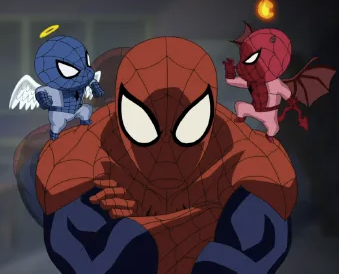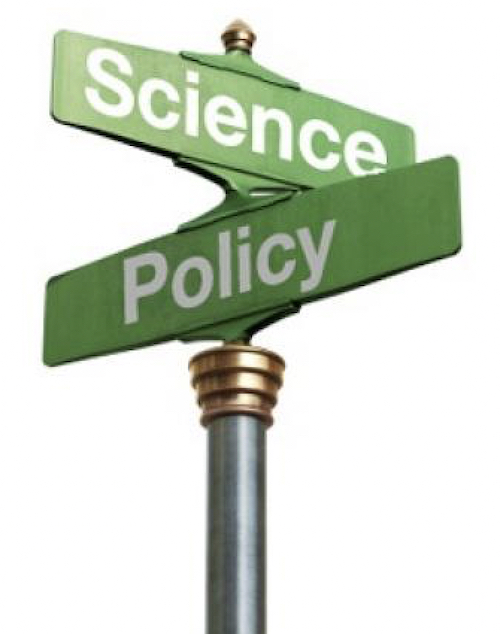I recall a time many moons ago when I first started my graduate journey at Duke. I was doing one of my final rotations before joining a thesis lab, and I was sitting in a lab meeting where the group was discussing a particular surface marker on immune cells. Apparently this marker (long since forgot which one) could be cleaved and the "shedding" effect led to normal immune function. So silly young me who didn't know asked, "So what happens if you can't cleave it?" At that point one of the research professors said, "Well that's a stupid question" but in a way that was more bemused than malicious, as it turns out that was the thesis project for the postdoc in the lab who was training me. Other than the part where I probably should have known that was her entire project for like six years, I had stumbled upon my first "stupid" question that actually led to tangible answers that contributed to our understanding of science. Not that I actually did the work here, mind you, but someone else also asked that question and decided to answer it for themselves. I've long since forgotten the mechanism or the phenotype of the mouse that couldn't shed that marker, but the core memory stuck with me and shaped the way I approached students and education, because while questions might seem dumb, they at least always make you think.
Everywhere I've been in school or at work, there has been at least one session about ethics, whether it was a semester long course, a small retreat, or just a statement in passing for the company to cover their legal obligations. I'd like to think of myself as someone who wants the best for everyone he encounters, and try to live my life based on acceptance and collaboration so we can achieve common goals for the greater good. Because people come from diverse backgrounds with different upbringings, it is hard to distill ethics and values into a simple set of parameters, but I also think that in general, most people know what is right and what is wrong.
One of the first things my K-12 science teachers taught me was to write a formal laboratory report. While comparatively crude, the basic structure of the middle/high school lab report is similar to what you might see in an article you read in Cell or Science. I've helped write numerous grant applications and journal articles as well as my own dissertation, and I even helped teach a course at the University of Chicago that emphasized grant writing, so I've been intimately familiar with how the process goes. Additionally, as various lecturers have told me, a good scientist is also a good storyteller, so it made sense that their message stayed with me all these years because they told very good stories about their work that were embedded into my memories (and my memory is honestly not that good). I thought I'd take this time to help you all develop your writing structure and consider how best to deliver your message, whether it is in your own grant application, a new journal article submission to present your findings to the world, or a speaking engagement that, well, keeps the audience of your very well-informed peers engaged!
Slogging through another election cycle, you are probably deluged with dozens of political ads every day with candidates touting what they will vaguely do for your vote, and often, talking about how much their opponents suck. Don’t you wish they would have more concrete plans, or at least promise to delegate to true experts who want a better quality of life for the citizenry? As you determine which option to go with at the ballot box, perhaps it is time to consider what their position is on important science policy.
Vetting Your Sources: Confirming the Veracity of Reports and Data
Throughout graduate school and even now, I’ve relied on Wikipedia as a valuable resource for quick information. My mentors and teachers have cautioned me against actually citing Wikipedia articles, but often these articles will show up as top searches on Google, and their listed references lead to published scientific articles so I could always go back to the original source and see the data and conclusions for myself. The fact that Wikipedia is free and freely edited makes it prone to fictionalization, which reminds us of the importance of corroborating whatever we read with third-party sources and our own experiences.
Many of you are well on your way through graduate school, itching to earn that precious PhD, while some are just starting out, getting ready to take your first midterms while preparing to choose your first research rotations. Regardless of where you are in your career, or even if you've already earned that doctorate and are on your way to a postdoc and beyond, ABclonal's blog series has put together some articles that can help you get through the day. Whether it is experimental troubleshooting or just trying to get along with your lab mates and PhD supervisor, here is a collection of previous blogs that should be of use to you.









.jpg)